The animal protection movement is not immune from racism.
In fact, we have a big race problem.
The U.S. Census estimates people of color make up more than 40 percent of the population. Yet fewer than 11 percent of advocates at the largest U.S.-based animal protection organizations identify as people of color.
What’s worse, much of the work we do fails to meaningfully engage communities of color.

Factory farming disproportionately harms these very communities through food apartheid, labor exploitation, and environmental racism.
Meanwhile, racial inequity in our movement:
Limits our people power and stunts our growth.
Hinders creativity and innovation.
Decreases productivity and causes burnout.
Exacerbates racism in society more broadly.

The bottom line is this:
If we fail to address racism and racial inequity in our movement, we will not achieve our mission to build a kinder world for animals.
But where there is a problem, there is opportunity.
In the private sector, diverse and inclusive companies earn more revenue. Why? Because they are smarter and more creative, insightful, effective, and productive than homogenous ones. They enjoy lower rates of burnout and stronger feelings of belonging and engagement. And diverse groups better reflect our evolving world. This means they are more adaptable, resilient, and successful.
When our movement embraces racial equity, we too will see our impact amplified. Our advocates will thrive in workplaces that remove inequity and offer them the tools they need to contribute at the highest level. Our programs must reflect the world we’re working to change so we can attract the brightest, most talented advocates to our cause.


